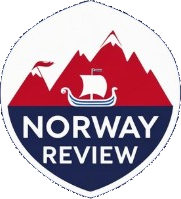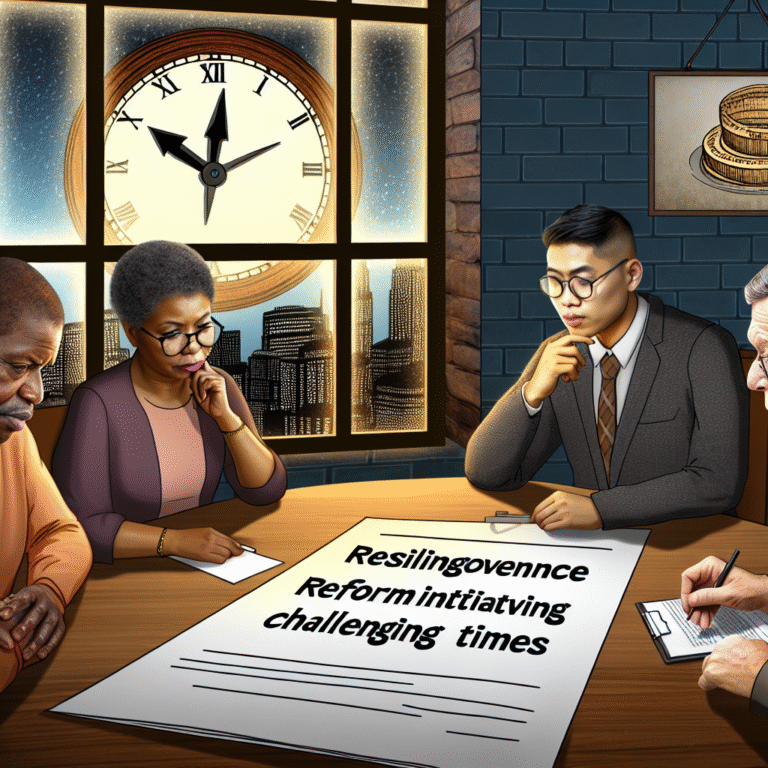King Harald Opens the 170th Storting with a Call for Effective Governance
During a momentous ceremony marking the opening of Norway’s 170th Storting, King Harald delivered a poignant address that underscored the pressing need for stable political leadership in these turbulent times. This historic occasion marked the King’s 61st opening, a testament to his enduring presence in the nation’s parliamentary landscape.
A Call to Action for Norway’s Future
In his speech, the King acknowledged the manifold challenges facing the Norwegian economy, highlighting how global trade conflicts and rising prices are impacting the livelihoods of everyday Norwegians. “A troubled world affects the Norwegian economy,” he stated, capturing the prevailing sense of uncertainty.
The Storting Hall was filled to capacity, with all 169 representatives adorned in their finest attire, 84 of whom were newcomers eager to make their mark.
Governing Through Turmoil
The monarch emphasized that the government must confront these challenges with responsible governance. “Our goal is to create security for the future,” he declared. He elaborated on the growing issue of crime, pointing to an alarming rise in organized crime across Europe and assuring citizens that police efforts to combat this threat are at an all-time high.
Turning to education, King Harald raised concerns about student performance despite longer schooling compared to 1990. He cited a critical reason for this decline: inadequate reading habits among students. To address this, the government plans a national initiative encouraging children to read at least a quarter each day, reinforcing the notion that books should take precedence over screens.
Plans for Reform
The King also unveiled a series of five ambitious reforms aimed at revitalizing various sectors:
- A tax commission to streamline and enhance the efficiency of the tax system.
- A municipal commission dedicated to assessing local governance and resource management.
- A health reform committee tasked with exploring new models for healthcare organization and funding.
- A community school committee to evaluate the role of education over the next two decades.
- A police role committee focusing on more efficient public safety strategies.
He underscored the urgent need for these reforms, stating, “Norway faces a labor shortage that hampers value creation, particularly in sectors like kindergarten and elder care.” The Støre government aims to bring 150,000 more individuals into the workforce by 2030.
Positive Economic Indicators
Despite these challenges, King Harald noted encouraging trends in the Norwegian economy. Over the past four years, 162,000 people have entered the job market. “Wages are rising faster than prices, and businesses are thriving, with record-breaking exports,” he reported. As global conflicts and climate change loom large, he reaffirmed Norway’s commitment to supporting Ukraine, emphasizing the integral role of cooperation as the nation navigates these transformative times.
Opposition Voices Concern
While the King’s address conveyed a message of cautious optimism, responses from opposition leaders reflected a critique of the government’s vision. Guri Melby, leader of the Liberal Party, expressed disappointment, suggesting the government had lost both momentum and direction. “This is a government that is easy to agree with, but impossible to be inspired by,” she remarked.
Sylvi Listhaug, leader of the Progress Party, characterized the speech as awkward, arguing that merely establishing commissions will not solve pressing issues. “Norway needs a powerful government, not just conversations,” she asserted.
Marie Sneve Martinussen, leader of the Red Party, found the address somewhat overreaching but acknowledged areas for potential collaboration, particularly on staffing in kindergartens and community strengthening.
As the Storting prepares for upcoming budget negotiations with various political parties, the challenges ahead remain significant, yet the call for collective effort echoes loudly in the halls of governance. The path forward will undoubtedly demand both vision and action.

